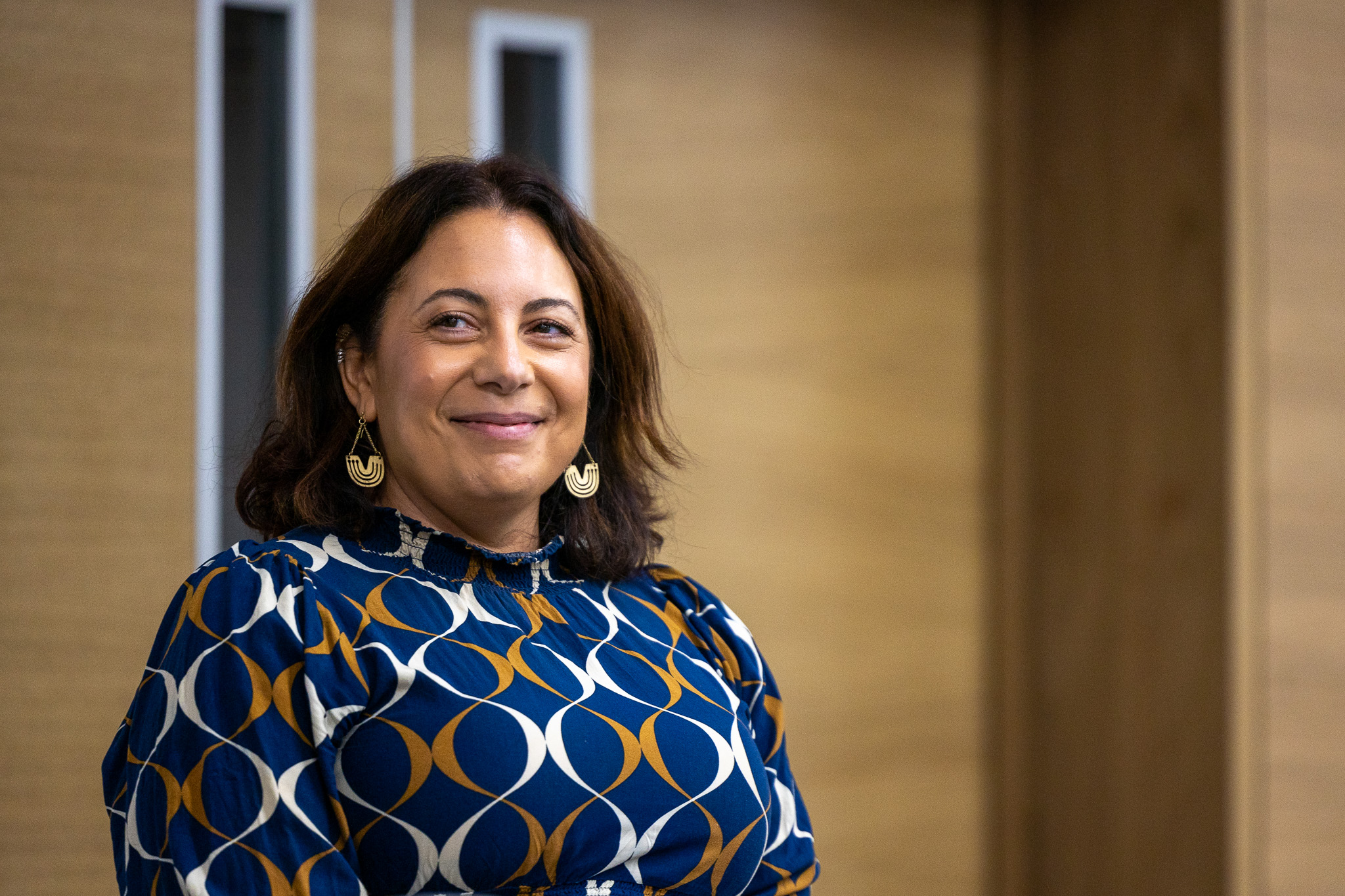23 August 2024

Amanda Black (photo by Zohar Marshall)
One of my roles as a director is to provide a platform to present robust evidence-based information that can be used as intended. This could be for downstream development of novel tools to manage diseases, for understanding how our use of the land is influencing how were adapt to climate change or for challenging existing norms and practices.
Because my role gives me a birds-eye view of the rich information being generated by BA researchers, I feel accountable for making sure this information is found. But with the diminishing media presence and the proliferation of multiple sources of ‘information’, it is becoming increasingly difficult for people and communities to wade through what’s meaningful and trustworthy. How do our communities, stakeholders and rights-holders choose which sources to trust?
To be heard, researchers are increasingly relying on our own self-promotion, which if I’m honest, is not within my comfort zone. I mainly fear getting some finer fact or detail of a study wrong and in doing so undermining my credibility to advocate for that study and even causing that study to lose its impact. But I put my reluctance aside, because I believe that researchers should have a voice, we need to have a voice.
If I take a helicopter view over the current landscape of platforms and blogs, I wonder how we researchers and directors can contribute to the arena of ‘ideas’ and how we can support healthy conversations about new information through messages we convey. I want our messages to be evidenced-based as well as inclusive.
Examples of these kinds of messages can be found in recent publications in Science with Jason Tylianakis about teaching Indigenous knowledge in the classroom and Tahu Kukutai about Indigenous data sovereignty. The motivation for these publications was to re-open contentious conversations within the platforms provided by our peer review system. Flawed as it can be, peer review is still our most robust measure of quality. Tahu and I also took the opportunity to highlight an overlooked and ongoing historical issue that Indigenous communities and those working with them face when trying to exert sovereignty over their data. This is something that we as researchers in BA are learning to navigate.
The reactions to the Indigenous data sovereignty piece were predictable and unpredictable. Predicable in that some individuals were unmoved in their assertion that we were discrediting one or the other form of knowledge generation. What was unpredictable was the main audience that was captured by the media release we wrote to raise awareness of the issue through our publication. Māori media grabbed it, and we saw a lot of public interest and engagement. This was more engagement than we got from within the research community. Perhaps that is yet to come but it did highlight the different aspects of research that get celebrated by researchers themselves. In this example, and others similar examples I’ve seen, researchers celebrate the acquisition of new knowledge, and people outside of research celebrate information that reaffirms their values. This brings me back to what I’ve been pondering:
How we do, as researchers get our work to our intended audiences? Are researchers only interested in new knowledge? Do communities only celebrate information that reaffirms their values and reflects their voices? Or can information, regardless of what it is, be packaged in a way that resonates with the intended audience even if it might not be what they are used to engaging with?
My ongoing challenge will be identifying our audiences and the best mechanism to reach them. How do we continue to have inclusive conversations? Researchers need to recognise those challenges, take the opportunities as they present themselves and not be afraid to make mistakes in articulating information to audiences they are not used to speaking with, whether these audiences are inside or outside of academia. Not everyone gets it right the first time, and feedback can be harsh. But taking turns at being the messenger can help share the load and normalise research in everyday conversations.
I’ve made it a resolution to take a public stand on issues that resonate with my values and use my platform to highlight the amazing work that BA people are doing. I hope that others will take the leap and find their voices too.
